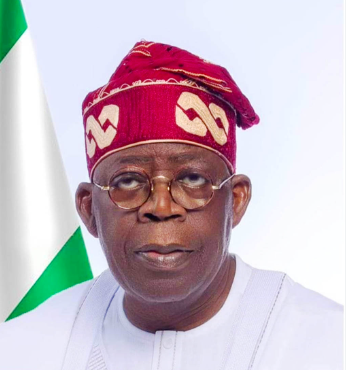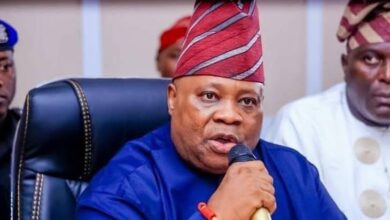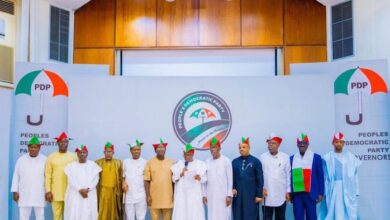Impending Cabinet Reshuffle Under Tinubu’s Administration

President Bola Tinubu is reportedly close to reshuffling his cabinet, 17 months after assuming office. Public speculation about this reshuffle has increased due to perceived underperformance among some ministers. The Presidency has confirmed these plans, which come after a period marked by unfulfilled campaign promises and policy inconsistencies. Despite promising to “hit the ground running,” it took nearly three months for Tinubu to form his cabinet. This delay, compounded by early controversies such as the abrupt removal of the fuel subsidy, left the administration struggling to manage initial public perception.
Tinubu’s pledge of a cabinet filled with technocrats ultimately resulted in a team more dominated by politicians, producing a mixed bag of effectiveness. The President established a policy coordination unit intended to ensure accountability among ministers, but its impact has yet to be fully realized. While a few ministers have demonstrated competence, the overall government performance has been fragmented, with individual achievements failing to translate into collective progress.
The first 16 months of the administration have been viewed as missed opportunities, and Tinubu now faces the challenge of redirecting the government’s trajectory. The policy coordination unit needs to implement proactive, rather than retrospective, evaluations to achieve timely results. Key sectors like the Federal Capital Territory (FCT), Interior, and Works ministries have shown promise through innovative and impactful leadership, but this is not the case across the board. Many ministers are perceived to be underperforming, and some struggle even to communicate their achievements.
Tinubu’s dual role as both President and Minister of Petroleum has also drawn criticism, as the sector continues to grapple with crises that demand undivided attention. With oil revenues constituting 90% of Nigeria’s budget, it is recommended that the President relinquish this ministry to a capable hand to manage the nation’s economic recovery more effectively.
In addition, the current cabinet size of 47, the largest in the Fourth Republic, is seen as excessive and mismatched with Nigeria’s economic realities. Tinubu is urged to streamline the cabinet and prioritize the appointment of technocrats and a select few politicians with outstanding track records. This approach could foster a more efficient and forward-thinking administration that addresses Nigeria’s contemporary challenges.
The President must now refocus on assembling a team with the passion, vision, and innovative capacity to deliver his “Renewed Hope” agenda.



